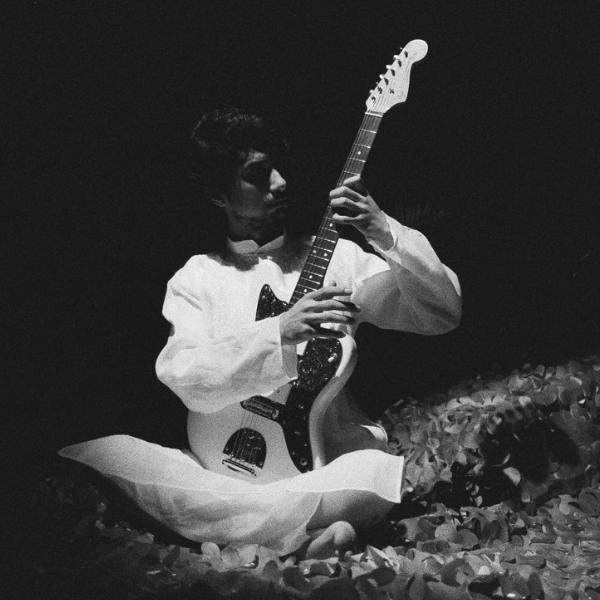BIOGRAPHY
Zain Alam is an artist and musician of Indian-Pakistani origin, born in Flushing, Queens and raised outside of Atlanta, Georgia. Described as “a unique intersection, merging the cinematic formality of Bollywood and geometric repetition of Islamic art,” Alam soundtracks a diasporic vocabulary of immigrant life in America. His recording project Humeysha began during his year in India working for the 1947 Partition Archive, guided by a question: what does it mean to find voice between the mess of sounds in diaspora? Field recordings of mosques; an ailing grandmother’s recollections; quick bursts from favorite childhood Bollywood songs — these sounds all find their way into Humeysha, regardless of “musicality.” Alam’s practice extends his sonic vision into video, performance, and writing. His works are braided together by a passion for the borrowed voice, re/de-contextualization, and bricolage — for how a personal mosaic of sound can empower minority and marginalized to engage in self-creation on their own terms. His essays have been published in Miami Rail, Buzzfeed, and The New Yorker, and Humeysha has been covered by The New York Times, Vice, and The Village Voice. He is a 2023 NYSCA (New York State Council for the Arts) Composer/Compositions awardee.
PROJECT
During his residency in Fes, Zain will extend work on his Sacred Space performance series while conducting research into the city’s sonic traditions alongside its contemporary spiritual communities. Much of his previous work as a composer and artist has been grounded in South Asia, and his project in Morocco extends the nodes of his practice to more broadly cover what Shahab Ahmed has called the rich Balkans-to-Bengal complex of the Islamic world in all its capaciousness, complexity, and, often, outright contradiction. Through composition, field recording, and improvisation, he will engage maqam systems and their rich entanglement with local musical traditions to illuminate a wide spectrum of tonal portraits from across the Islamic world.




